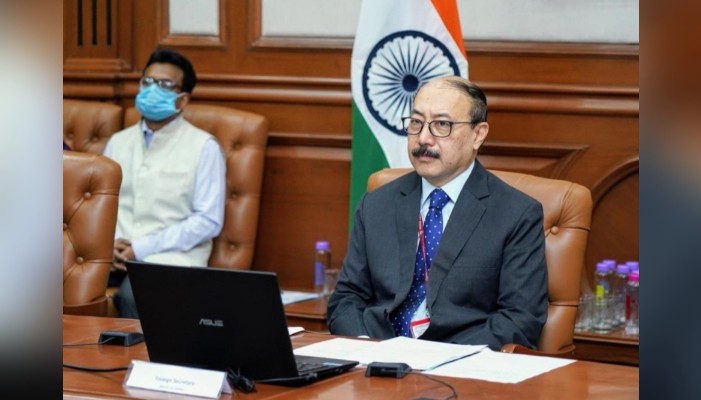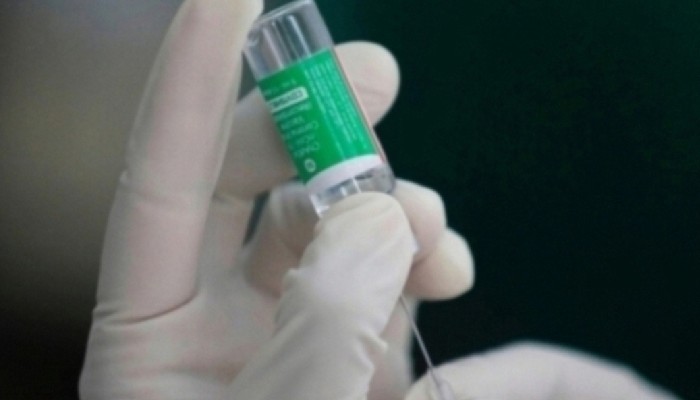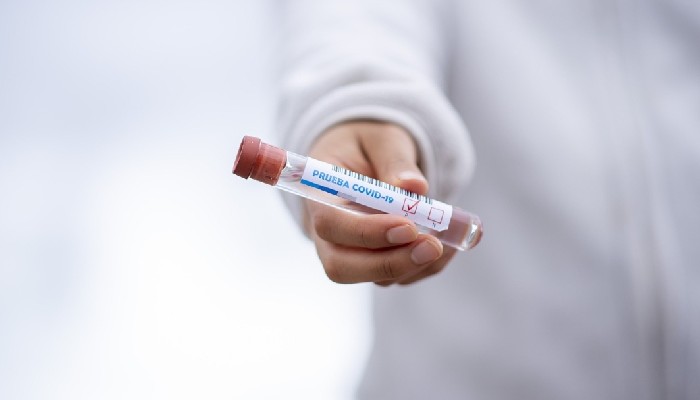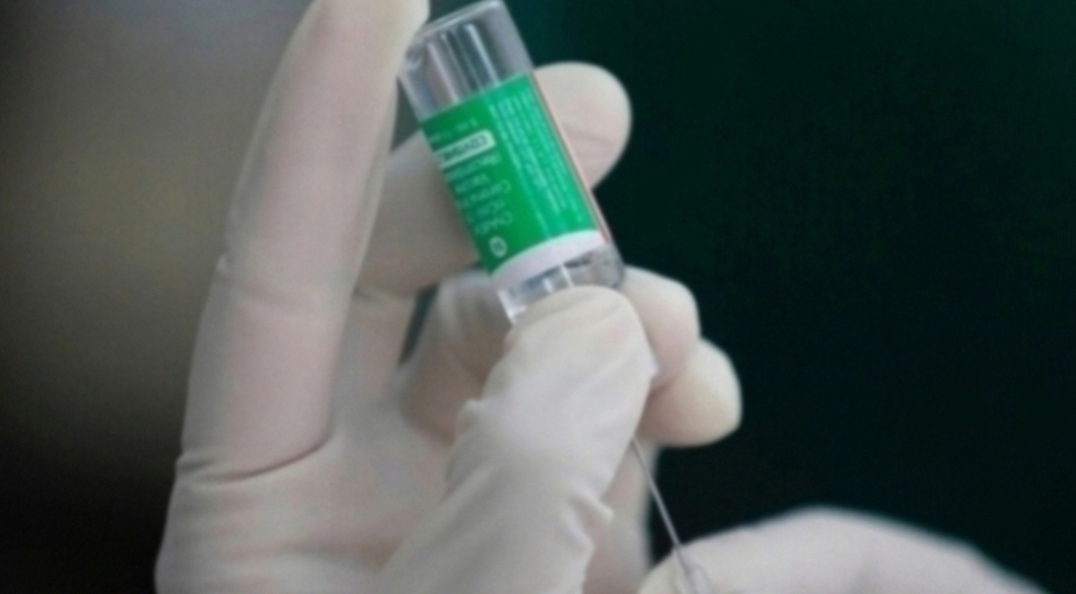90 percent of documents necessary for the recognition of Covaxin have been submitted to WHO, said Bharat Biotech last month
India is looking forward to approval by the World Health Organization (WHO) of the country’s indigenously developed anti-Covid vaccine, Indian Foreign Secretary Harsh Vardhan Shringla said on Thursday.
“We are also looking forward to WHO’s approval for India’s indigenous vaccine manufactured by Bharat Biotech," the Foreign Secretary said in his address to the WHO's South-East Asia Regional Health Partners’ Forum on COVID-19.
Last month, Bharat Biotech International Ltd (BBIL) which manufactures the homegrown covid-19 vaccine, Covaxin, said it had submitted 90% of the documentation needed for WHO’s emergency use listing.
The rest of the documents are to be submitted this month. A WHO recognition for Covaxin would also give Indian vaccine development a boost, with at least four more India-developed vaccine candidates in various stages of trial. The Indian foreign ministry has been coordinating with BBIL to secure WHO recognition for Covaxin.
Shringla underlined India’s intention to participate in international regeneration efforts as the pandemic wanes, through building newer and more resilient supply chains.
“Going forward, we will participate in the process of creating global scale capacities that are needed to deal with pandemic scale challenges," Shringla said and added that conversations to create these alternatives were already under way with groups such as the Group of 7 industrialized nations, the G20, the Quad, the BRICS countries, the UN and WHO.
At the World Trade Organization, India is working with several other countries “on a targeted and temporary waiver under TRIPS (Trade Related Aspects of Intellectual Property Rights) to ensure timely and secure access to vaccines for all", he said.
He stated that India was fighting an “exceptionally severe second wave” of the pandemic.
“We are also part of the discussions with major vaccine manufacturers like Pfizer, Johnson & Johnson and Moderna about sourcing and possible local manufacturing of their vaccines in India. We have also helped expedite the introduction of Sputnik-V vaccines,” he said, elaborating on the role of the Ministry of External Affairs (MEA) in securing vaccines.
India had been demanding easier access to raw materials necessary for production of vaccines. Shringla said MEA’s representatives have been working to “ease regulatory disruptions to these supply chains”.
“Vaccines have complex supply chains. We have worked to ease regulatory disruptions to these supply chains with key partners through diplomatic interventions," he said of the foreign ministry’s interventions with the US to urge Washington to ease embargoes on the supply of critical products needed for vaccine manufacture in India.
Referring to drugs seen as critical to fight covid-19 and Mucormycosis or Black Fungus, he said, “We have been a vital part of a global effort to source liquid medical oxygen, cryogenic tankers, zeolites and essential medicines such as remdesivir, tocilizumab and amphotericin B.”
Giving further insights into the MEA’s work during the pandemic, FS Shringla said that the ministry's work included organizing flights to bring in Indians stranded abroad through the “Vande Bharat" Mission, seen as the largest logistical exercise of its kind; sourcing medical equipment and medicines for India from abroad; and delivering humanitarian support and providing disaster relief for countries in India’s immediate neighbourhood. Besides, India has supplied healthcare products to 150 countries, he said.
 Contact Us
Contact Us  Subscribe Us
Subscribe Us









 Contact Us
Contact Us
 Subscribe
Subscribe
 News Letter
News Letter

